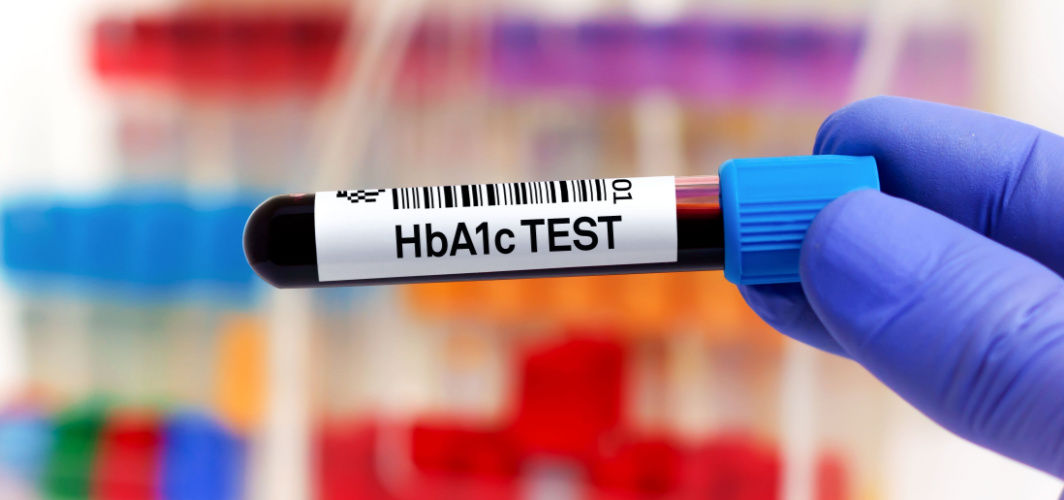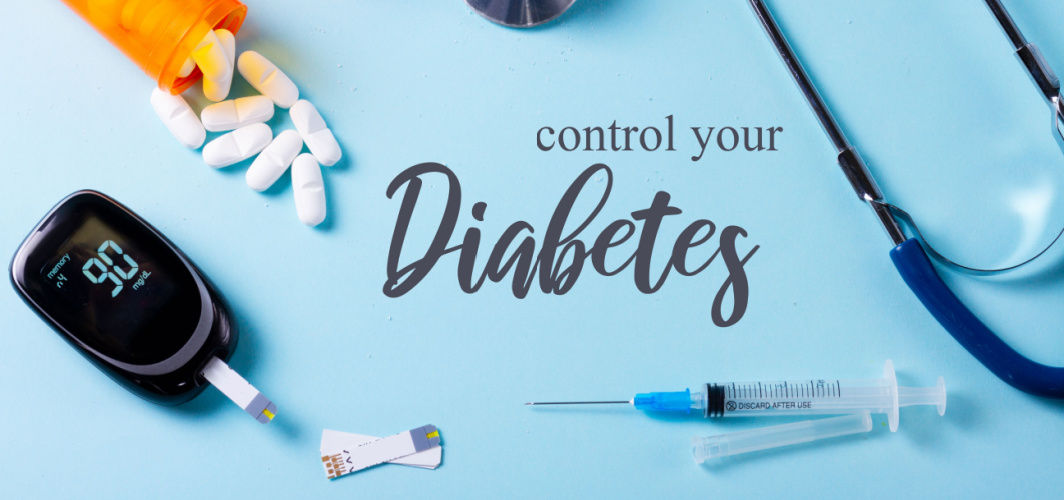Diabetes Management
Late-night eating: OK if you have diabetes?
2 min read
By Apollo 24|7, Published on - 18 June 2024
Share this article
0
0 like

Is it safe to nibble on snacks after sunset when you have diabetes? The answer is neither a simple yes nor no. It fundamentally depends on your food choices, portion sizes, and timing. Understanding these can help you make informed decisions about late-night eating and maintain better control over your blood glucose levels.
Risks of Late-Night Snacking
Late-night snacking, particularly if it includes sugary, fried or high-carb foods, can lead to an unexpected surge in blood sugar levels. Consuming abundant calories close to bedtime can interfere with the body's ability to appropriately use glucose. Further, it can disrupt the circadian rhythm and glucose metabolism, potentially increasing the risk of weight gain and type 2 diabetes.
Choosing the Right Bedtime Snack
If you are on insulin or other diabetes medications, a small, nutritious snack at bedtime may be necessary to avoid hypoglycaemia, a condition characterised by low blood sugar. Always discuss this with your doctor. Opt for low-carb, high-protein foods such as nuts, hard-boiled eggs, low-fat cheese, and whole-wheat crackers. You can also consider vegetables with a small amount of dip. A glass of warm low-fat milk with turmeric also helps to improve sleep quality.
Timing Your Meals Effectively
Eating your largest meal when your digestive fire is most potent, usually earlier in the day, and having a light meal before sunset are recommended. However, if late-night hunger pangs strike, remember to keep your snack small, low in carbs, and high in proteins or fibre. These components help stabilise blood sugar levels overnight.
Customising Your Diet Plan
Every individual is unique; therefore, there is no one-size-fits-all approach to managing diabetes. Consult with your doctor or dietitian to determine the best dietary plan that suits your needs. Regular monitoring of blood sugar levels also helps fine-tune your diet plan. Managing diabetes effectively is a long-term commitment. It requires consistent efforts, lifestyle modifications, and personalised support. The Apollo Super6 programme caters to this, offering holistic assistance in managing type 2 diabetes by focusing on diet improvement, physical activity, and ongoing support.
Diabetes Management
Consult Top Diabetologists
View AllLeave Comment
Recommended for you
.jpg?tr=q-80)
Diabetes Management
The Benefits of Paneer for Diabetes Management
Paneer is often a dietary staple in Indian households. But is it good for those managing diabetes? Yes, if consumed judiciously. High in protein and low in carbohydrates, paneer is a worthy addition to a diabetic diet when taken in moderation. However, dietary choices are just one aspect of managing diabetes. Comprehensive programmes like Apollo Super 6 offer holistic guidance to tackle this condition effectively.

Diabetes Management
How To Bring Down The HbA1c Level?
To lower the HbA1c levels, diabetics should dollow a diet with low glycemic index foods and manage portion sizes. They should engage in regular exercise to manage weight and improve insulin sensitivity. Diabetics should also consume a fiber-rich diet to regulate blood sugar levels. Besides, taking prescribed oral hypoglycemic medications and monitoring blood glucose levels at home can bring down HbA1c levels.

Diabetes Management
What Is Pre-diabetes? When Does It Progress Into Diabetes?
Pre-diabetes is a condition in which blood sugar levels are higher than normal but not yet in the diabetic range. It serves as a warning sign, indicating an increased risk of developing type 2 diabetes. Progression to diabetes typically occurs when pre-diabetes is not managed through lifestyle changes. This transition can vary from person to person, but individuals with pre-diabetes can often prevent or delay the onset of diabetes by maintaining a healthy weight, engaging in regular physical activity, and making dietary adjustments to improve blood sugar control.
Subscribe
Sign up for our free Health Library Daily Newsletter
Get doctor-approved health tips, news, and more.
Visual Stories

8 Fruits That are Incredibly Healthy for Diabetes
Tap to continue exploring
Recommended for you
.jpg?tr=q-80)
Diabetes Management
The Benefits of Paneer for Diabetes Management
Paneer is often a dietary staple in Indian households. But is it good for those managing diabetes? Yes, if consumed judiciously. High in protein and low in carbohydrates, paneer is a worthy addition to a diabetic diet when taken in moderation. However, dietary choices are just one aspect of managing diabetes. Comprehensive programmes like Apollo Super 6 offer holistic guidance to tackle this condition effectively.

Diabetes Management
How To Bring Down The HbA1c Level?
To lower the HbA1c levels, diabetics should dollow a diet with low glycemic index foods and manage portion sizes. They should engage in regular exercise to manage weight and improve insulin sensitivity. Diabetics should also consume a fiber-rich diet to regulate blood sugar levels. Besides, taking prescribed oral hypoglycemic medications and monitoring blood glucose levels at home can bring down HbA1c levels.

Diabetes Management
What Is Pre-diabetes? When Does It Progress Into Diabetes?
Pre-diabetes is a condition in which blood sugar levels are higher than normal but not yet in the diabetic range. It serves as a warning sign, indicating an increased risk of developing type 2 diabetes. Progression to diabetes typically occurs when pre-diabetes is not managed through lifestyle changes. This transition can vary from person to person, but individuals with pre-diabetes can often prevent or delay the onset of diabetes by maintaining a healthy weight, engaging in regular physical activity, and making dietary adjustments to improve blood sugar control.


